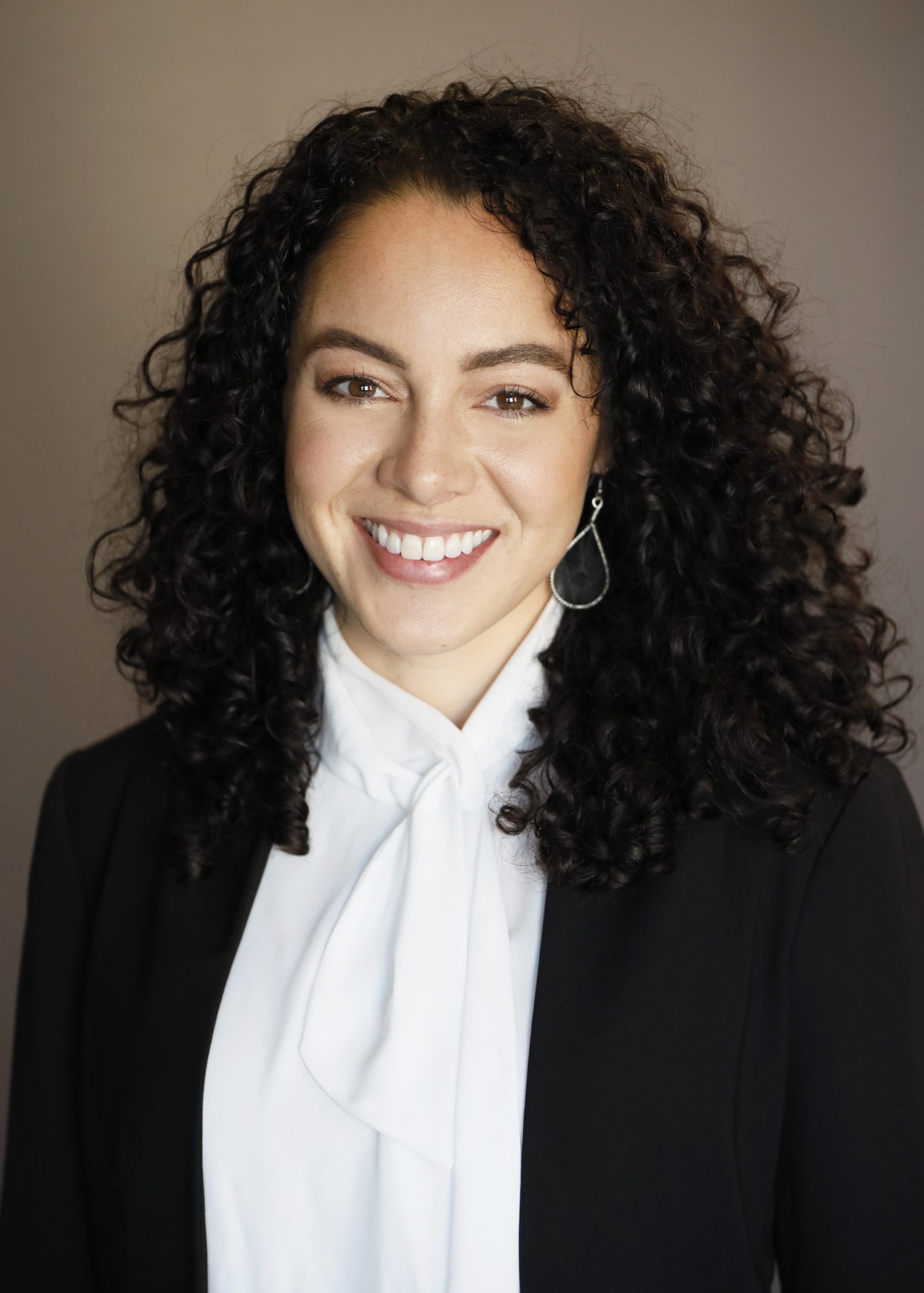
“You have the right to speak to an attorney. If you cannot afford an attorney, one will be appointed for you.” A phrase known by every American from an early age because of the widespread media attraction to legal-adjacent television shows and movies. Yet, does every American know what this right truly means?
Only .004% of the United States population are lawyers, yet the laws apply to every single person– regardless of citizenship status.[1] The right to an attorney was made simpler in Gideon v. Wainwright, 372 U.S. 335 (1963). In Gideon, the Supreme Court held that the Sixth Amendment right to counsel is fundamental and essential to a fair trial and must be incorporated to the states. The Court reasoned that the noble ideal of fair trials cannot be realized nor assured unless a man, haled to court and too poor to hire an attorney, is provided with a lawyer to assist him. Gideon is the backbone of public defender offices across the country who provide legal services to the indigent.
Despite the necessary and monumental changes after Gideon, the right to an attorney and overall access to justice is far from realized. Gideon only applies to criminal cases—an important fact that is never relevant or shared in our television shows. There is no constitutional right to appointed counsel in a civil case, or any case you can file in court. Although lawyers are essential to successfully navigating the legal system, many people cannot afford an attorney for their civil matters and therefore are forced to choose between no pursuit of justice or acting as a pro se litigant (representing oneself). In certain limited circumstances courts can appoint counsel in a civil case, but it is unlikely.[2]
Even considering Gideon, limited civil appointments, pro bono, and legal aid programs, the qualifications for indigent persons are quite strict. According to the ABA, these appointments and programs generally only help people whose income is less than 125% of the federal poverty level. For a one-person household that 125% threshold ends at $15,613.[3] While access to justice has improved through all these measures, who helps those millions of people who need an attorney, cannot afford to pay an attorney, cannot navigate their case pro se, yet make more than $15,613. It is very difficult to imagine that an individual person making $25,000 in this country can afford an extra few thousand dollars to successfully receive justice.
Suddenly, this American belief of an unfettered right to an attorney is less clear-cut than it would appear in our favorite dramas. So, what options exist?
Thankfully, attorneys across the country recognize the limited access to justice. Organizations and corporations continue to serve many people who fall into this category. Specifically, the following two organizations are committed to this fight:
- thinkRIPE is “committed to improving our nation’s ‘legal literacy’ by increasing public access to the law and civic education resources. [The organization has] developed a strategic plan to execute that commitment, which includes three guiding principles as we build the vision and support members of the thinkRIPE community: to educate, to equip, and to engage.” (https://www.thinkripe.com/)
- Legal Shield “partnered with law firms across the United States who have experience in nearly every area of law. You can consult with your LegalShield provider law firm on any topic and they will work diligently to find a resolution – no matter your legal issue.” (https://www.legalshield.com/)
Organizations like thinkRIPE and LegalShield utilize modern technologies and the skills of traditional legal practitioners to provide access to justice in meaningful ways. However, even with impressive improvements from organizations and individuals alike, until substantial changes to legal doctrines and systems are made, the unfettered right to an attorney in America will continue to be realized only in our television dramas.
[2] For a useful commentary about the need for a ‘Civil Gideon’, see Mark P. Yablon, It’s Time for the Civil Justice Sequel to Gideon v. Wainwright: Indigent Civil Litigants Deserve Appointed Legal Counsel, Ark. J. Soc. Change and Pub. Serv. (Apr. 4, 2018), https://ualr.edu/socialchange/2018/04/04/time-civil-justice-sequel-gideon-v-wainwright-indigent-civil-litigants-deserve-appointed-legal-counsel/
[3] https://www.americanbar.org/groups/legal_services/flh-home/flh-faq/